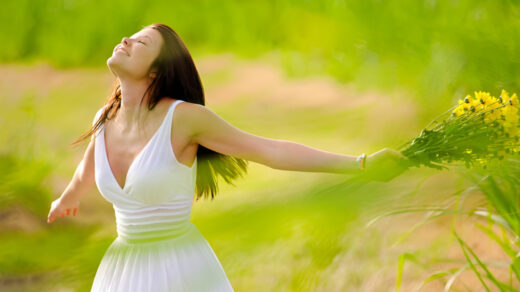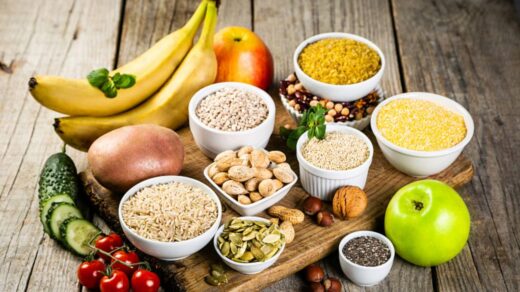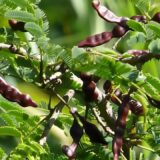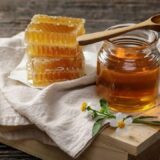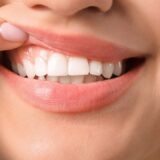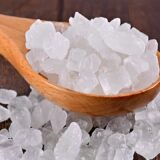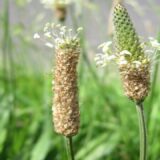How to Get Rid of Hair Dandruff Naturally with Ayurveda
Dandruff is a common scalp condition that affects millions of people worldwide. Characterized by flaky, itchy skin on the scalp, it can be both embarrassing and uncomfortable. While there are numerous over-the-counter treatments available, many people are turning to natural remedies like Ayurveda to address the root cause of dandruff.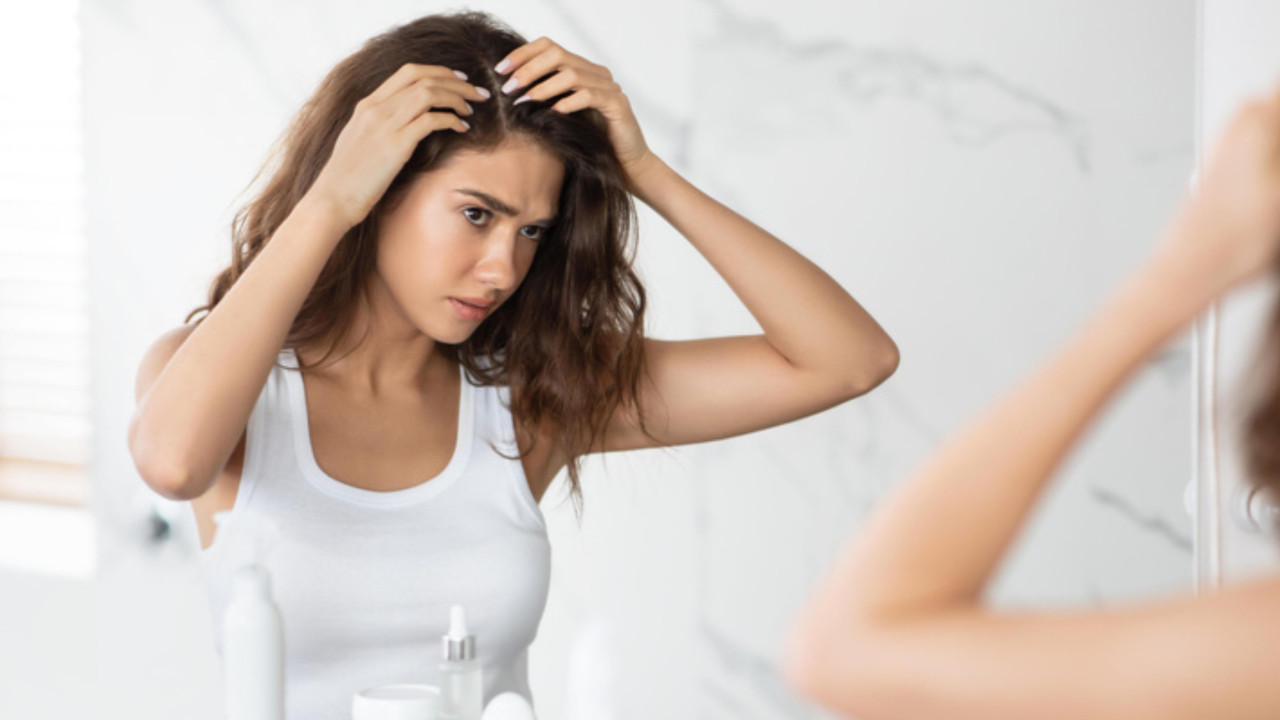
Ayurveda, an ancient Indian system of medicine, offers a holistic approach to treating dandruff by balancing the body’s internal systems and promoting overall scalp health. In this article, we’ll explore how Ayurveda can help you get rid of dandruff naturally and maintain a healthy scalp.
Understanding Dandruff from an Ayurvedic Perspective
In Ayurveda, health is viewed as a balance between the three doshas: Vata, Pitta, and Kapha. Each dosha governs specific functions in the body, and an imbalance in any of them can lead to health issues, including dandruff.
Dandruff, known as Darunaka in Ayurveda, is primarily caused by an imbalance in the Kapha and Vata doshas. Kapha represents earth and water elements, and its imbalance can lead to excessive oil production and fungal growth on the scalp. Vata, representing air and space, when aggravated, can cause dryness and flakiness.
Additionally, Ayurveda emphasizes the role of toxins, or Ama, in the body. Poor digestion and an unhealthy lifestyle can lead to the accumulation of Ama, which manifests as skin and scalp issues like dandruff. By addressing these imbalances and eliminating toxins, Ayurveda provides a natural and effective solution to dandruff.
Causes of Dandruff According to Ayurveda
Ayurveda identifies several factors that contribute to dandruff:
- Poor Digestion and Toxin Buildup: Inefficient digestion leads to the accumulation of toxins in the body, which can affect the scalp and skin.
- Improper Diet: Consuming excessive oily, spicy, or processed foods can disturb the balance of the Kapha and Pitta doshas, leading to an increase in dandruff.
- Stress and Hormonal Imbalances: Stress disrupts the body’s natural equilibrium, while hormonal changes can lead to excess oil production or dryness on the scalp.
- Harsh Hair Products: Chemical-laden shampoos and styling products strip the scalp of its natural oils, causing irritation and flakiness.
- Environmental Factors: Exposure to extreme weather conditions, such as cold air or excessive heat, can also contribute to dryness and flaking of the scalp.
- Lack of Proper Scalp Care: Infrequent washing or improper cleaning of the scalp can cause an imbalance in the scalp’s health, contributing to dandruff.
Understanding these underlying causes is crucial for addressing dandruff effectively. Ayurveda emphasizes treating the root cause of the condition rather than just alleviating its symptoms.
Ayurvedic Remedies for Dandruff
Ayurveda offers a variety of natural remedies to treat dandruff. These remedies are gentle, effective, and free from harmful chemicals. By using time-tested herbs and natural ingredients, Ayurveda helps restore balance to the scalp and hair. Let’s explore some of the most popular Ayurvedic solutions:
Herbal Oils and Scalp Massage
Regular scalp massage with Ayurvedic oils is one of the most effective ways to combat dandruff. Massaging improves blood circulation, nourishes the scalp, and reduces dryness. Some of the best oils for dandruff include:
- Neem Oil: Known for its antibacterial and antifungal properties, neem oil helps eliminate the fungus that causes dandruff.
- Brahmi Oil: Brahmi oil strengthens hair roots, soothes the scalp, and reduces flakiness.
- Coconut Oil Infused with Fenugreek or Amla: Coconut oil is deeply moisturizing, while fenugreek and amla provide additional nourishment and antifungal benefits.
How to Use: Warm the oil slightly and massage it into your scalp using circular motions. Leave it on for at least 30 minutes before washing your hair with a gentle shampoo.
Ayurvedic Treatment for Dandruff
Here are some Ayurvedic treatments for dandruff: These natural remedies focus on balancing the doshas, detoxifying the body, and nourishing the scalp. By using herbs and treatments that restore harmony, Ayurveda offers effective solutions for long-lasting dandruff relief.
1. Shodhana Chikitsa
The primary manifestation of symptoms was localized to the scalp region (Shiro Twak Pradesha). As stated by Acharya Charaka, “Nasa Hi Shirasodvaram,” meaning the nose is the doorway to the head. To reduce the blockage of the scalp’s channels (Srotorodha), Pradhamana Nasya and Tikshna Dhumapana are recommended for 7 days. The following drugs are used for this treatment:
- Pradhamana Nasya: Sariva, Manjishtha, Saindhava
- Tikshna Dhumapana: Vacha, Sunthi Churna
As there can also be an imbalance in the Raktavaha Srotasa (blood-carrying channels), Mridu Virechana (mild purgation) is advised. Aaragvadhakapila Vati, in a dose of two tablets with lukewarm water at bedtime, should be taken for 3 weeks.
2. Shamana Aushadhis
In this to support internal healing and restore balance, the patients are prescribed Raktaprasadaka Dravyas (blood-purifying herbs) such as Manjishtha, Sariva, and Daruharidra.
These herbs can be taken into a fine powder (Churna), mixed together, and in a dose of 5 grams, three times a day with lukewarm water. This combination helps detoxify the blood, reduce inflammation, and promote overall scalp and skin health.
3. Sthanika Chikitsa
In addition to Shodhana Chikitsa and Shamana Aushadhis, Sthanika Chikitsa (local treatment) for the scalp can be incorporated for relief from symptoms and nourishment of the scalp and hair. This can be done in two ways:
- Morning Treatment: A Lepa (paste) prepared from Bhringraja, Aamalaki, and Trifala Kalka, followed by Shirodhavana (scalp washing) using Nimbapatra Siddha Jala (neem leaf-infused water).
- Bedtime Treatment: The patient is advised to apply Jatyadi Taila (oil) to the scalp.
4. Pathya-Apathya for Nidana Parivarjana
Pathya (Healthy Guidelines)
- Aahara (Diet): Ensure an adequate intake of water and a balanced, nourishing diet. Focus on foods that support overall health and digestion.
- Vihara (Lifestyle): Maintain a routine that includes adequate rest, proper sleep at night, and stress management to promote overall well-being.
Apathya (Avoidance)
- Avoid exposure to known causative factors (Hetus) that aggravate the condition, including poor dietary habits, lack of sleep, and stress.
Ayurvedic Herbs for Dandruff
Ayurveda relies heavily on the use of herbs to treat various ailments. Here are some powerful herbs for dandruff:
1. Neem: Neem is a potent antifungal and antibacterial herb that helps cleanse the scalp and prevent dandruff. It also helps in reducing itching and irritation caused by dandruff. Regular use of neem can detoxify the scalp and restore its natural balance.
2. Amla (Indian Gooseberry): Rich in vitamin C, amla strengthens hair, reduces flakiness, and promotes a healthy scalp. It also helps in improving scalp circulation and encourages hair growth. Amla also helps fight free radicals that can damage hair follicles.
3. Reetha (Soapnut): A natural cleanser, reetha removes dirt and excess oil without stripping the scalp of its natural moisture. It is also known to improve hair texture and shine over time. Reetha gently conditions the hair, making it soft and manageable.
4. Fenugreek (Methi): Fenugreek seeds are known for their soothing and moisturizing properties, making them ideal for treating dry, flaky scalps. They also help strengthen the hair follicles and reduce hair loss. Fenugreek is also rich in protein, which helps repair damaged hair.
5. Tulsi (Holy Basil): Tulsi has anti-inflammatory and purifying properties that help reduce scalp irritation and dandruff. It also stimulates blood circulation to the scalp, promoting healthier hair growth. Tulsi can also reduce scalp infections and prevent premature greying.
6. Brahmi: Known for its calming and revitalizing properties, Brahmi helps reduce stress-related dandruff and promotes a healthy scalp. It also nourishes the hair roots and improves hair thickness. Brahmi is also beneficial for enhancing mental clarity and reducing anxiety.
7. Shikakai: Shikakai is a natural cleanser and conditioner that helps prevent dandruff and promotes hair growth. It is rich in vitamins and antioxidants, making it ideal for maintaining a healthy scalp. Shikakai also helps reduce hair fall and adds a natural shine to the hair.
8. Burdock Root: Burdock root has antifungal and anti-inflammatory properties that can help alleviate dandruff symptoms. It is known to balance the scalp’s oil production, making it effective for both dry and oily dandruff. It also helps strengthen the hair and supports overall scalp health.
These herbs, when used regularly, can effectively treat dandruff while nurturing overall scalp health.
DIY Ayurvedic Hair Masks
Ayurveda relies heavily on the use of herbs to treat various ailments. Here are some powerful herbs for dandruff:
DIY Ayurvedic Hair Masks for Dandruff
Ayurveda offers natural, soothing hair masks that help combat dandruff, nourish the scalp, and promote healthy hair growth. Here are some easy-to-make DIY Ayurvedic hair masks:
Neem and Yogurt Mask
Ingredients: 2 tbsp neem powder, 2 tbsp plain yogurt, 1 tbsp honey
Instructions: Mix neem powder with yogurt and honey. Apply the mixture to your scalp and hair, leave it on for 20-30 minutes, then rinse with lukewarm water. Neem’s antifungal properties and yogurt’s moisturizing benefits work together to combat dandruff and soothe irritation.
Amla and Aloe Vera Mask
Ingredients: 2 tbsp amla powder, 2 tbsp fresh aloe vera gel, 1 tbsp honey
Instructions: Combine amla powder and aloe vera gel, adding honey for extra hydration. Apply the paste to your scalp and hair, leave it on for 20 minutes, then wash it off. This mask strengthens the hair, reduces dandruff, and promotes healthy scalp circulation.
Fenugreek and Coconut Oil Mask
Ingredients: 2 tbsp fenugreek seeds, 2 tbsp coconut oil
Instructions: Grind fenugreek seeds into a powder and mix with coconut oil. Massage the mixture into your scalp and hair, leave it on for 30-40 minutes, then rinse with warm water. Fenugreek soothes the scalp, while coconut oil deeply moisturizes and nourishes the hair.
Brahmi and Reetha Mask
- Ingredients: 2 tbsp Brahmi powder, 2 tbsp reetha powder, water
- Instructions: Mix Brahmi and reetha powder with water to form a paste. Apply the mixture to your scalp and hair, leave it on for 20-25 minutes, and then wash off. This mask helps to cleanse the scalp, reduce dandruff, and improve hair texture.
Turmeric and Honey Mask
- Ingredients: 1 tsp turmeric powder, 2 tbsp honey, 2 tbsp yogurt
- Instructions: Combine turmeric powder, honey, and yogurt to form a smooth paste. Apply the mask to your scalp and hair, leave it for 20 minutes, then wash it off with lukewarm water. Turmeric has anti-inflammatory properties, while honey and yogurt moisturize and nourish the scalp.
These Ayurvedic hair masks, made with natural ingredients, not only fight dandruff but also provide deep nourishment to the scalp and hair, promoting overall hair health. Use them regularly for the best results!
These herbs, when used regularly, can effectively treat dandruff while nurturing overall scalp health.
Dietary and Lifestyle Recommendations
Ayurveda emphasizes the importance of diet and lifestyle in maintaining overall health, including scalp health. Here are some tips to prevent and treat dandruff:
- Follow a Balanced Diet: Include fresh fruits, vegetables, whole grains, and lean proteins in your diet. Avoid oily, spicy, and processed foods that can aggravate the doshas.
- Stay Hydrated: Drink plenty of water throughout the day to flush out toxins and keep your scalp hydrated.
- Incorporate Healthy Fats: Foods rich in omega-3 fatty acids, such as flaxseeds, walnuts, and fatty fish, help nourish the scalp and reduce inflammation.
- Practice Stress-Relief Techniques: Stress is a major contributor to dandruff. Practice yoga, meditation, and pranayama to keep stress levels in check.
- Maintain a Regular Sleep Schedule: Adequate sleep is essential for overall health and helps balance the doshas.
Preventive Tips for Long-Term Scalp Health
Preventing dandruff requires consistent care and attention. Here are some tips to maintain a healthy scalp:
- Avoid Heat Styling Tools: Excessive use of blow dryers, straighteners, and curling irons can damage the scalp and worsen dandruff.
- Protect Your Hair from Pollution: Wear a scarf or hat to shield your hair from pollution and harsh weather conditions.
- Stick to a Regular Hair Care Routine: Consistency is key when it comes to Ayurvedic remedies. Follow your hair care routine diligently to see long-term results.
- Detoxify Your Body Regularly: Periodic detoxification helps eliminate toxins and prevents scalp issues.
When to Consult an Ayurvedic Practitioner
While Ayurvedic remedies are effective for most people, persistent dandruff may require professional guidance. Consult an Ayurvedic practitioner if:
- Your dandruff does not improve despite using home remedies.
- You experience severe itching, redness, or hair loss.
- You want a personalized treatment plan based on your dosha type.
An Ayurvedic practitioner can help identify the root cause of your dandruff and recommend tailored treatments.
Dandruff can be a frustrating condition, but Ayurveda offers a natural and holistic solution to this common problem. By addressing the root cause of dandruff and promoting overall scalp health, Ayurvedic remedies provide long-lasting relief without the side effects of chemical treatments.

